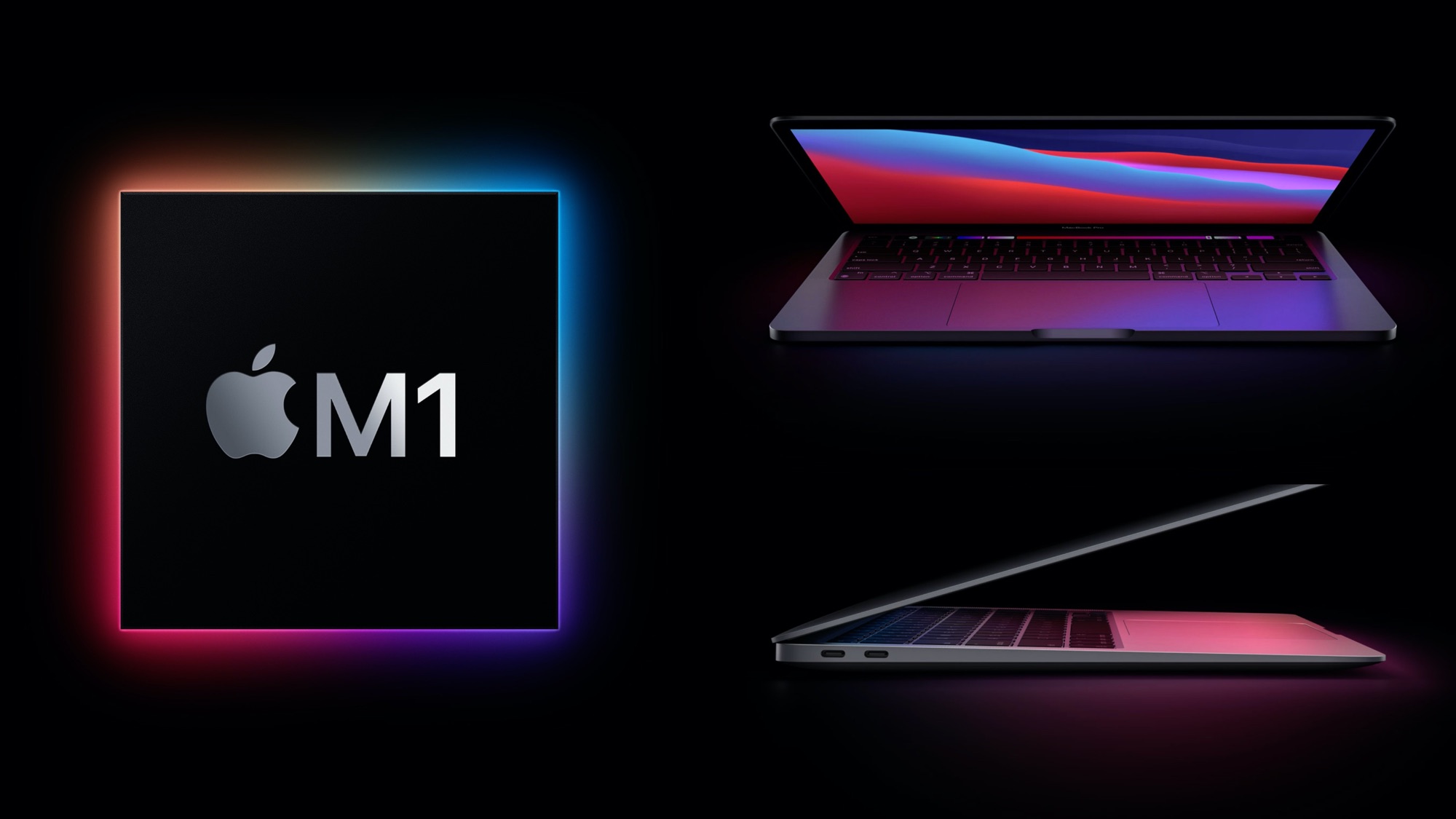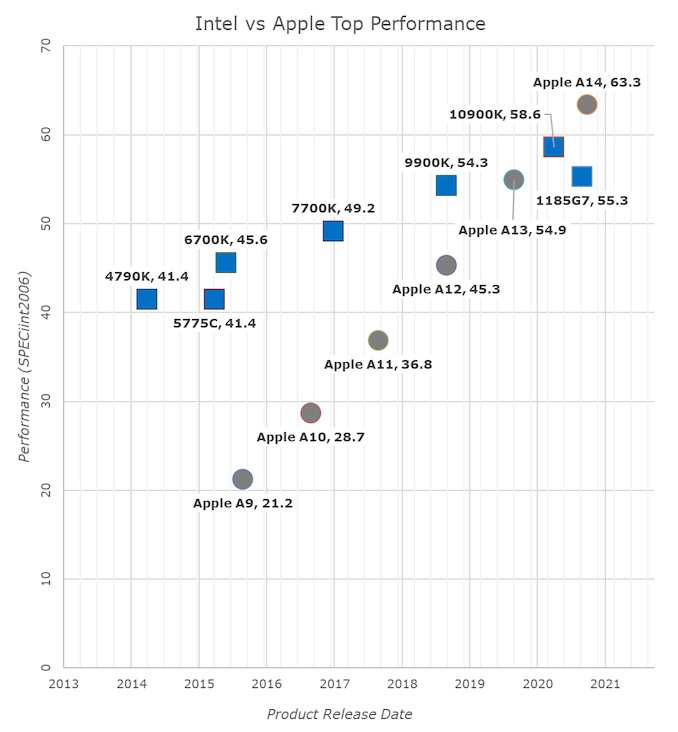
Apple on Tuesday unveiled a new MacBook Air, MacBook Pro, and Mac mini, making up the first wave of Macs powered by Apple Silicon, and AnandTech has since published a deep dive into Apple's brand new M1 custom chip at the heart of the new machines.

The article begins by picking through the admittedly scant details that Apple's event offered about the M1 chip's design, yet manages to extrapolate some interesting tidbits regarding the processor's packaging and architecture.
Beginning with the M1's unified memory architecture, AnandTech notes that the packaging style keeps the embedded memory off to the side of the compute die rather on top of it, ensuring the chips can be efficiently cooled, which suggests Apple is using a 128-bit DRAM bus similar to that found in previous A-X chips.
Apple says the M1 features four high-performance "Firestorm" CPU cores and four efficiency "Icestorm" cores. Examining an actual die shot shown in Apple's M1 unveiling, Anandtech explains that the chip appears to have a 12MB cache – up from the 8MB of L2 cache featured in the A14 – which makes sense given that it's now being used by four high-performance cores instead of two.
The article later goes on to compare the M1 performance to existing Intel and AMD processors and takes the A14 as a benchmark guide, while noting that with its additional cache, "we expect the Firestorm cores used in the M1 to be even faster," suggesting "Apple's claim of having the fastest CPU core in the world seems extremely plausible."
Running the A14 through a series of benchmarks against a Rizen 9 5950X and an Intel i7-1185G7, AnandTech calls the results "mind-boggling," noting that "the fact the A14 currently competes with the very best top-performance designs that the x86 vendors have on the market today is just an astonishing feat." Taking into account a graph of single-thread performance gains over the last five years, AnandTech suggests that Intel has increased its chips' performance by about 28%, while Apple has managed closer to 198% in the same period.

The performance analyses conclude by noting Apple's enormous power efficiency advantage, which is why the new M1 chip will be able to offer either vastly increased battery life, and/or vastly increased performance compared to the current Intel MacBook line-up. Apple has said it will take at least two years to transition its entire Mac lineup to Apple Silicon. Going on its current performance trajectory, Apple's forthcoming desktop-class chip designs are likely to look "extremely impressive," AnandTech concludes.Apple's performance trajectory and unquestioned execution over these years is what has made Apple Silicon a reality today. Anybody looking at the absurdness of that graph will realize that there simply was no other choice but for Apple to ditch Intel and x86 in favor of their own in-house microarchitecture – staying par for the course would have meant stagnation and worse consumer products.
The five-page deep dive contains far more details than we've summarized above, and is well worth a read. You can check out the complete article here.
Article Link: AnandTech Calls Apple's Fastest CPU Core Claim for M1 'Extremely Plausible'
Last edited:

